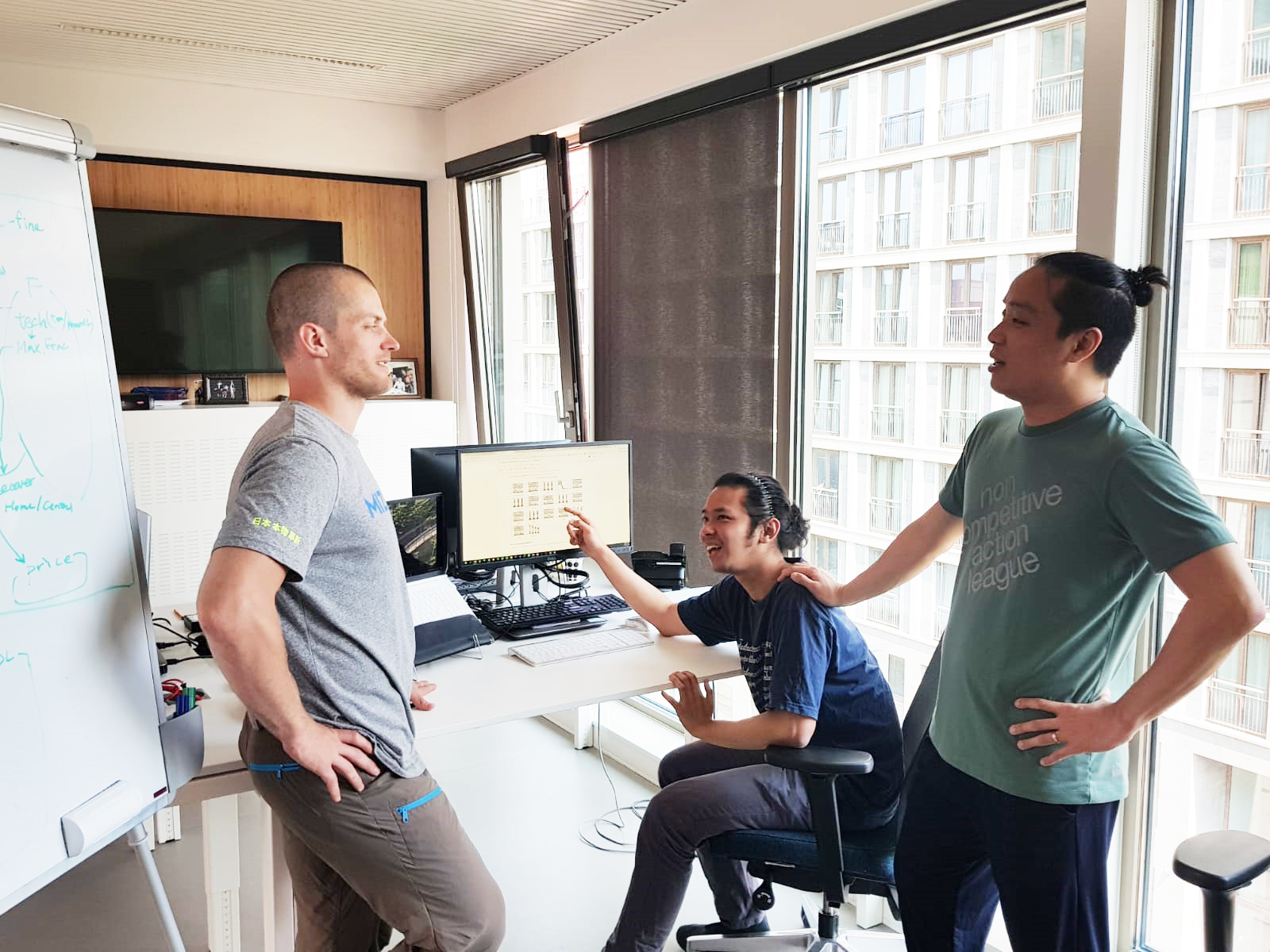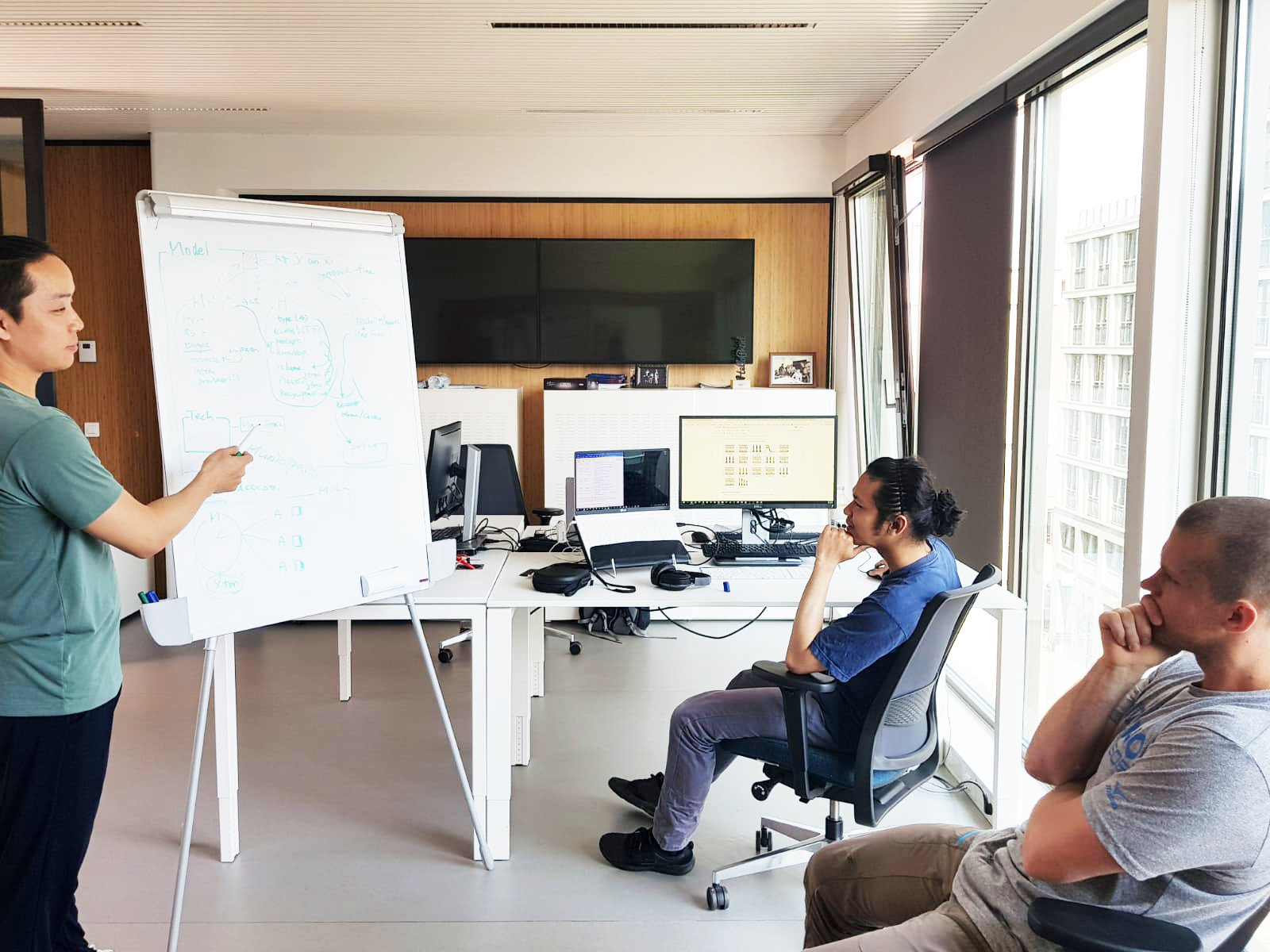EPA students investigate how online media can influence elections
In February 2018, we - a group of three 1st year EPA MSc students, had an opportunity to join a project under the supervision of Dr. Scott Cunningham. The name of the project is "Micro-Targeting and Digital Platforms in Election Time". Dr. Haye Hazenberg managed the overall direction of work.
As the name of the project suggests, there are two main topics that we were dealing with, micro-targeting and the role of digital platforms, namely social media, during the last municipality elections in the Hague. In case of the first one, we were trying to see was the association between the “profile” (a set of population data about age, sex, ethnicity, income, etc.) with voting behavior and the implications behind it. While on the elections topic, other researchers were studying how social media affects public opinion and keep it within their own "echo-chamber".
Micro-targeting
As was stated earlier we worked as a group of 3 - Mohammad Ammar Faiq, Mikhail Sirenko, and Yubin Cho. Based on the discussions with Scott Cunningham, we decided to use unsupervised machine learning algorithms as key instruments of analysis. At first, we used non-negative matrix factorization (NMF) to derive the profiles of the citizens from openly available datasets. Thereafter, multiple-linear regression assumed to be used to know whether it is possible to predict voting behavior with such profiles. In general, we have divided the work into two parts: Mikhail and Ammar were working on the city of The Hague -creating demographic and voting profiles, whereas Yubin was studying the whole country of the Netherlands.


During the analysis, we figured that the districts of the Hague are highly segregated by the variety of characteristics: income, ethnicity, age, and so on. Some distinct profiles can be found only in certain districts. Thereafter, we found that a strong connection between profiles and voting can be built! The same results, but using different methods and techniques was obtained on the country level. It was really exacting to discover such conclusions. Moreover, even though we were doing the analysis independently (on the city and country levels), we came to the same conclusion!
Lessons learned
In this project, we learned a lot about methods and techniques of data analysis. Thanks to Scott Cunnigham who pushed us to work on the latest ones. In addition, we studied how technology can affect or even transform democratic practices.
Nowadays, information is so easily accessible through websites and social networks. There, people obtain all necessary knowledge about candidates or political parties and then decide whether or not it suits their values. The benefits are recognizable. The problems appear if political parties start to use the advantages of technology and information as their tools. We think that responsible development should be one of the main concerns of modern society and named factors are definitely going to shape democracy.
Future work
We are planning to continue the work on the project. The second phase should be related to validating the micro-targeting results.
More information about this project can be found here.